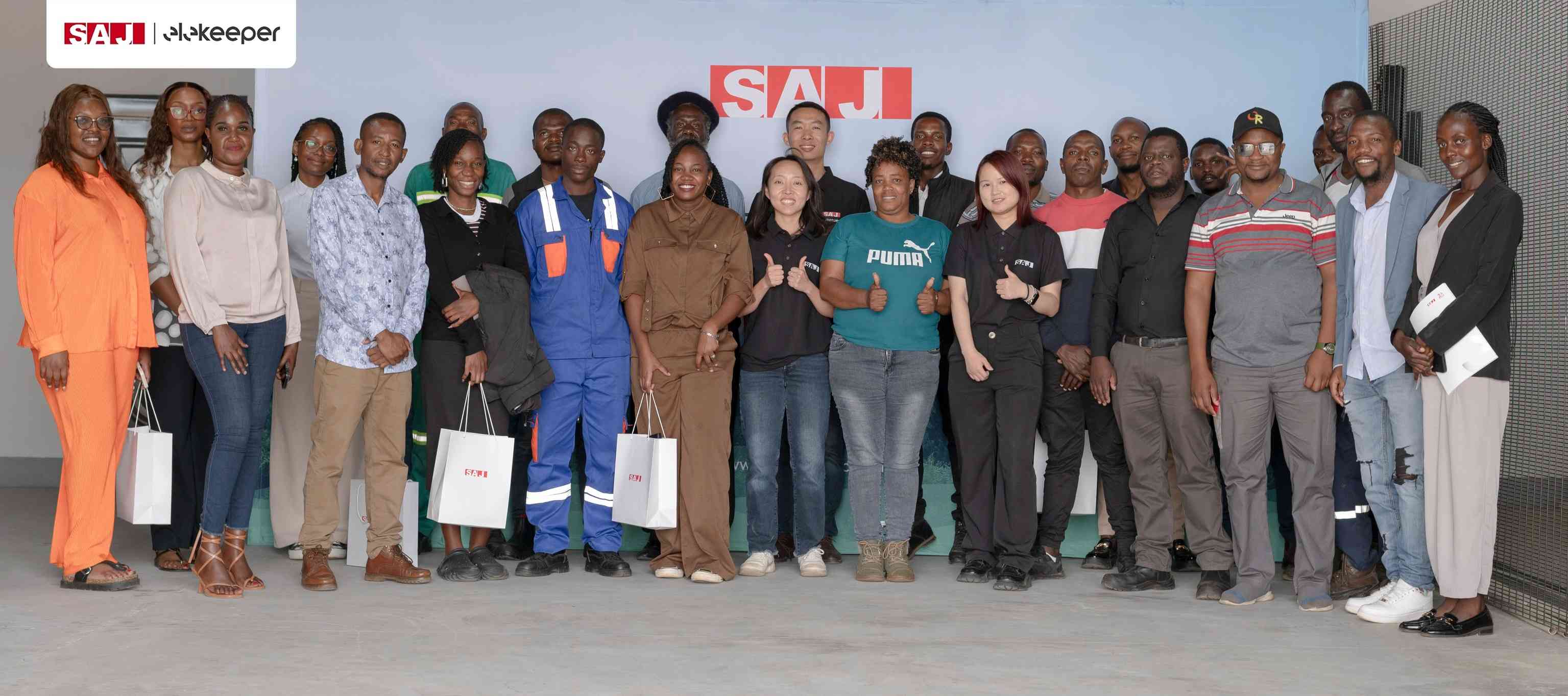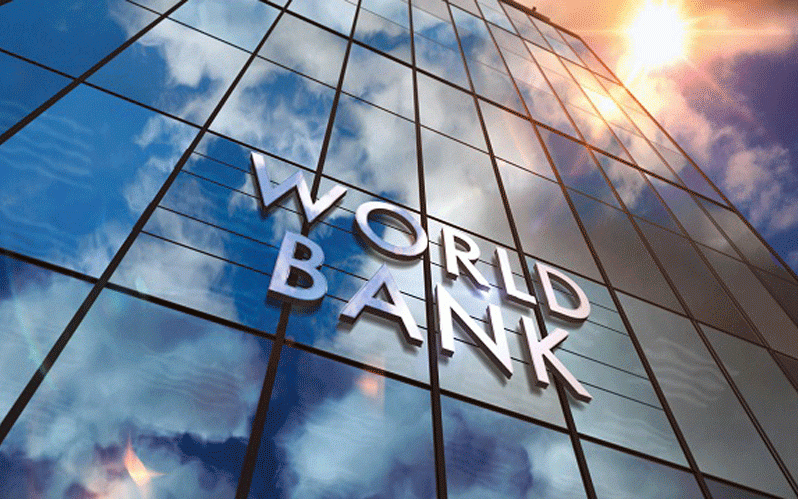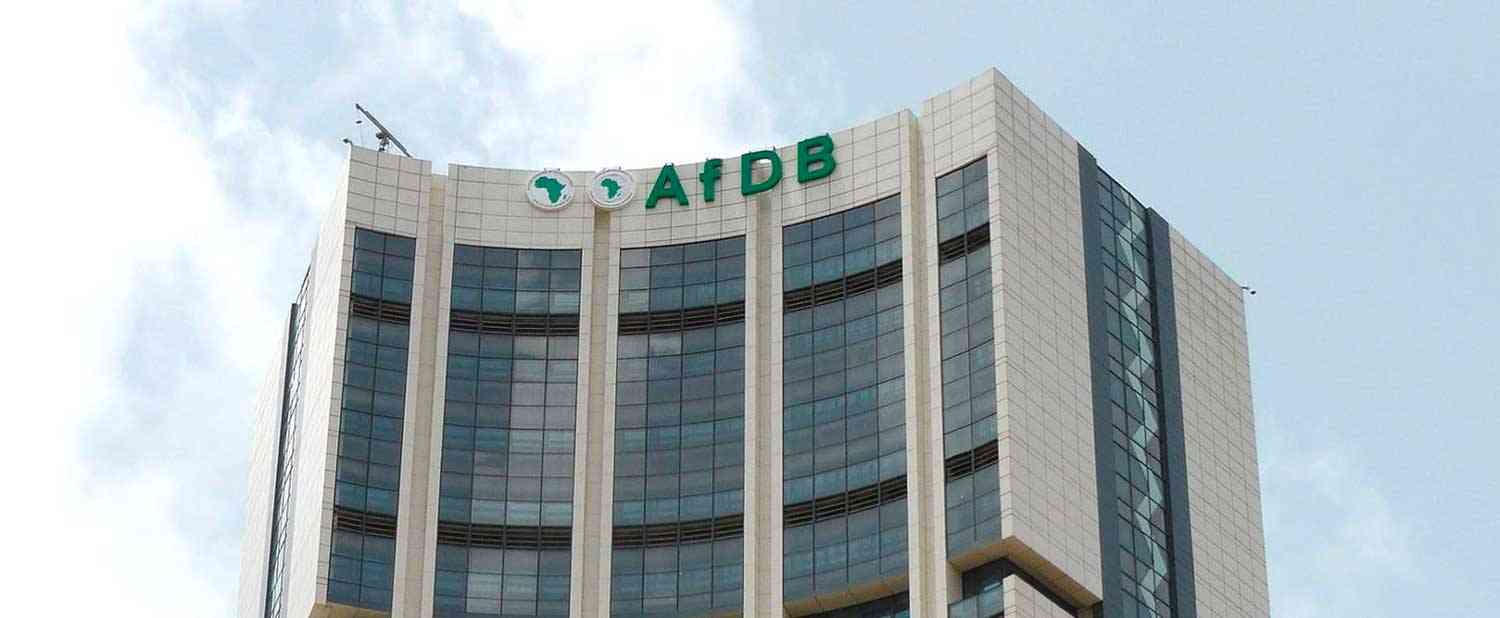
The term organising refers to a process consisting of several activities used to identify and group various tasks, collect or assemble different resources, and establish authority connections with responsibility among different job roles.
It can be defined as the process of gathering and utilising both human and non-human resources to implement plans in a manner that is both highly effective and efficient.
This aims to accomplish the organisation’s overarching plan. In other words, it is the act of coordinating the efforts of individuals from different groups to achieve a shared objective.
This process involves determining the activities that need to be carried out, organising these activities into work units, assigning tasks for various job positions, defining regulations, and clarifying the authority, responsibility, and relationships between the activities.
Organising is one of the foundational components of business management, as old as management and entrepreneurship itself, yet it is a constantly evolving strategic component that defines the rise or fall of pan-African entrepreneurs. We therefore take a deep dive into the strategic importance of organising in pivoting entrepreneurial competitiveness.
Specialisation: The advantages of specialisation include that work is typically organised into departments and units within a company.
The division of labour leads to the development of expertise in various tasks carried out by the company.
It is the concept of dividing work into smaller jobs that serves as the foundation for the overall ideology underpinning the business.
- Elumelu Foundation transforming entrepreneurship
- Academic institutions as knowledge creators in the entrepreneurial ecosystem
- Africa’s inspiring innovators list unveiled
- Marketing strategy and entrepreneurial competitiveness
Keep Reading
This results in the systematic distribution of jobs among personnel, which in turn increases productivity and reduces the amount of work that needs to be done.
The concept of “division of labour” refers to the process of delegating responsibility for each component of an organisation to a specific group of people.
Consequently, this results in increased specialisation, efficiency, and speed in the performance of job duties.
Clarity in a working relationship: After determining a role, organising also defines the authority and duties of individuals working in separate departments.
This is achieved through the process of organising. It serves as a means of establishing coordination among the various departments that constitute an organisation.
The aim of this initiative is to create clear-cut duties and authority links among the different levels, as well as to ensure cooperation between individuals and organisations.
There is a high level of management, which fosters harmony in the workplace. Every worker is aware of his or her supervisor, from whom he or she is required to take orders and to whom they are expected to report. This working relationship facilitates the establishment of accountability and the reduction of confusion.
Utilisation of resources to their fullest potential: Organising ensures that both human and material resources are used to their fullest potential. Tasks are delegated according to each person’s expertise and knowledge during the organisation process. To reduce confusion and encourage individuals to perform to the best of their abilities, the job description should clearly outline what is expected of employees in advance.
Adaptation to change: The process of organising enables an organisation to accommodate changes in the environment in which it conducts business.
Consequently, the organisational structure is updated appropriately, and the revision of job positions and relationships is planned to ensure that transactions proceed smoothly. Organisations can achieve both flexibility and stability through the process of organising.
It allows an organisation to continue existing and expanding, despite members departing and entering. Additionally, it is beneficial in adapting to changes in technology, new working methods, and other similar factors.
Organisation is essential to efficient administration as it provides a detailed outline of tasks and the relationships between employees. It reduces misunderstandings and prevents work duplication, which leads to more efficient administration. Furthermore, by delegating authority, organisation helps to limit the workload for upper management. Consequently, top management is relieved of handling mundane tasks and can focus on managing the organisation.
Development of personnel: During the process of organising, a manager is trained to acquire a wide range of experience in various activities through the delegation of authority. Managers can reduce their workload by delegating future tasks to subordinates. This also allows them to focus on work of significant importance. Furthermore, delegation encourages subordinates to develop a sense of responsibility and motivates them to tackle more challenging tasks.
The growth of an organisation is entirely dependent on how smoothly and efficiently it operates. Expansion and growth are directly related to one another.
The organising process enables the enterprise to diverge from existing norms and take on new challenges, which creates favourable conditions for its expansion and diversification.
A corporate firm can gain access to a greater number of job roles and departments, and it can even diversify its product lines through the process of organising. Additionally, it contributes to the development and expansion of the company.
The rise and fall of modern-day entrepreneurs relies, among other factors, on how businesses and brands are organised.
Therefore, it is imperative for pan-African entrepreneurs to be intentional about organising their businesses if they are to remain relevant across generations.
Until then, think, eat, sleep, and dream about branding!











